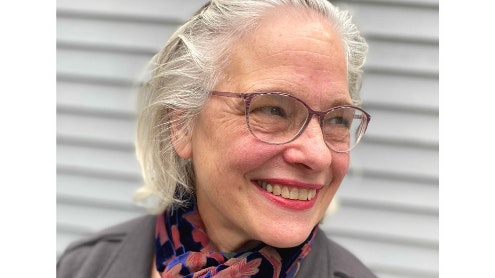Homepage
•
Learning Library
•
Blog
•
Hadley Ferguson: EdCamp Helps Teachers Change the World
Expand breadcrumbs
Expand breadcrumbs
- Learning Library
- Blog
- Hadley Ferguson: EdCamp Helps Teachers Change the World
- Homepage
- •
- Learning Library
- •
- Blog
- •
- Hadley Ferguson: EdCamp Helps Teachers Change the World
Hadley Ferguson: EdCamp Helps Teachers Change the World
By Jerry Fingal
February 23, 2021








